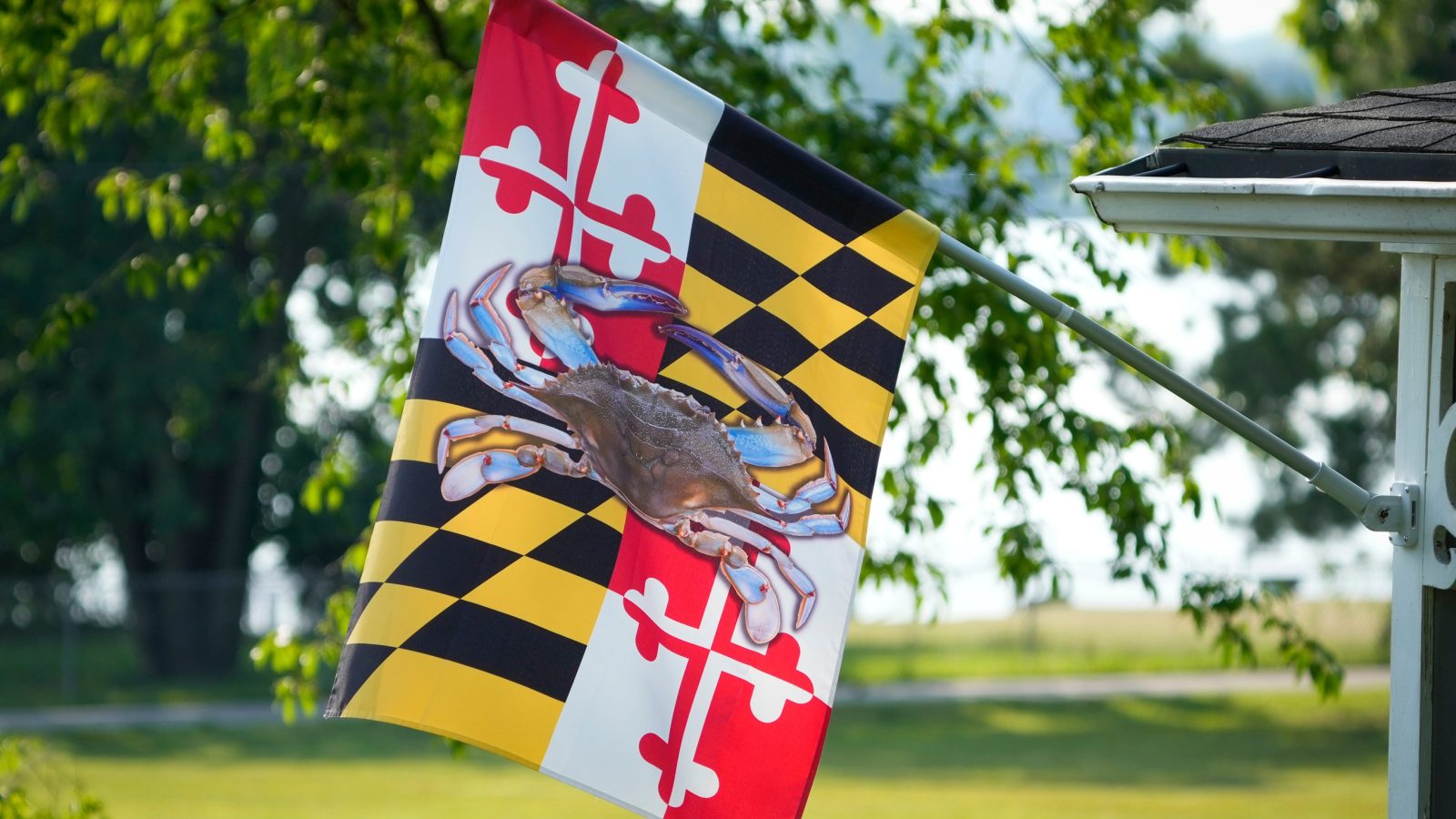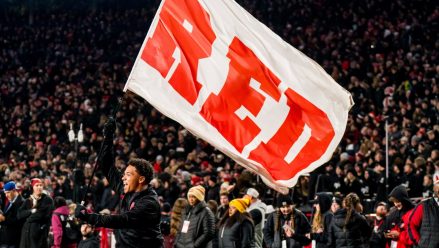A group of 27 federally recognized tribes and seven tribal associations has stepped into the legal fight between Kalshi and the state of Maryland by filing an amicus brief arguing that the prediction exchange offers illegal sports wagers.
The filing in the U.S. District Court for the District of Maryland comes just a week after a group of more than 65 tribal entities filed an amicus brief in Kalshi’s case against the state of New Jersey.
The Indian Gaming Association, National Congress of American Indians, California Nations Indian Gaming Association, Arizona Indian Gaming Association, Oklahoma Indian Gaming Association, United South and Eastern Tribes Sovereignty Protection Fund, and the Tribal Alliance of Sovereign Indian Nations joined with 27 individual tribes to file the brief.
In their Maryland filing, the tribes make similar arguments to those made in New Jersey. They contend that Kalshi’s sports event contracts — which allow customers to stake money on the outcome of a sporting event but are regulated by the Commodity Futures Trading Commission (CFTC) as a financial product instead of gambling — will have a “significant impact” on their operations.
“Together, the Tribal Amici have a shared, strong interest in this case because of its potential to have a significant impact on their member tribes’ sovereign rights to conduct and regulate gaming on Indian lands, as well as the federal approach to Indian gaming as a whole,” the filing says.
“Additionally, Kalshi’s sports event contracts directly impact tribal gaming revenue and the bargained-for benefits of tribal-state gaming compacts of the Tribal Amici’s member tribes.
“The revenue generated from tribal gaming is vital and provides funding for essential government services, tribal programs, and economic development needed to reach the goals of self-governance and self-sufficiency.”
Does the CEA preempt IGRA?
The tribes argue that Kalshi is in violation of the Indian Gaming Regulatory Act (IGRA), which governs tribal gaming, including sports betting. The brief rejects Kalshi’s claim that the Commodity Exchange Act (CEA), which governs futures contracts, preempts IGRA, noting that the “special rule” in the act giving the CFTC the power to stop markets related to gaming is a sign that the CEA was not meant to cover gaming, too.
“Kalshi’s sports betting operation rests entirely on its assertion that it alone has the preemptive authority to self-certify that its gaming activities do not violate the CEA, CFTC regulations, IGRA, or other federal statutes governing gaming such as the UIGEA and the Wire Act,” the brief says. “This is incorrect. It is inconceivable that Congress would have granted private entities (like Kalshi) the unlimited authority to offer mobile sports betting throughout the United States — including on Indian lands — without explicitly stating as much, especially in the face of existing, comprehensive statutes and regulations governing gaming on Indian lands.”
Kalshi also argues that the CEA effectively repeals IGRA by implication. The tribes, though, contend that repeals by implication should only be considered if Congress’s intent to do so is “clear and manifest” and argues that this is not the case for IGRA.
Kalshi’s attorneys on Tuesday filed a brief opposing the tribes’ motion for leave to submit the amicus brief, arguing that the brief is untimely, that the tribes do not have a clear stake in the litigation, and further that the brief does not advance any additional arguments.
“The lodged brief would not be useful to the Court,” writes Kalshi attorney Neal Katyal. “Putative amici appear to represent out-of-state tribal interests with no clear stake in whether Kalshi must comply with Maryland gaming laws during the pendency of this litigation — the question before the Court on Kalshi’s preliminary injunction motion.
“Nor do they identify ‘additional arguments’ in the lodged brief that Defendants have not already raised… Rather, they simply expand upon arguments presented in Defendants’ briefs.”
‘Two-step process’
The tribes note that Kalshi claims the special rule involves a “two-step process,” where an event contract related to gaming should only be banned if the CFTC rules it is against the public interest after a 90-day review. However, they argue that this is not a correct interpretation of the law.
The brief point out that former Arkansas Sen. Blanche Lincoln, who it describes as “one of the chief architects” of the rule, specifically addressed the idea of sports event contracts as something that shouldn’t be allowed during a 2010 Senate colloquy.
She said, “It would be quite easy to construct an ‘event contract’ around sporting events such as the Super Bowl, the Kentucky Derby, and Masters Golf Tournament. These types of contracts would not serve any real commercial purpose. Rather, they would be used solely for gambling.”
The Maryland lawsuit followed a cease-and-desist order issued by the state against Kalshi, requiring it to stop offering event contracts on sports. Kalshi sued the state to prevent the order from being enforced, arguing that only the CFTC has the power to determine which markets it could or couldn’t offer.
Kalshi already won injunctions in both Nevada and New Jersey to stop cease-and-desist orders from taking effect and has argued Maryland should follow those states’ lead. The matter in New Jersey was taken to the U.S. Court of Appeals for the Third Circuit, where both tribes and other states have filed briefs arguing that Kalshi’s sports event contracts should not be allowed.






